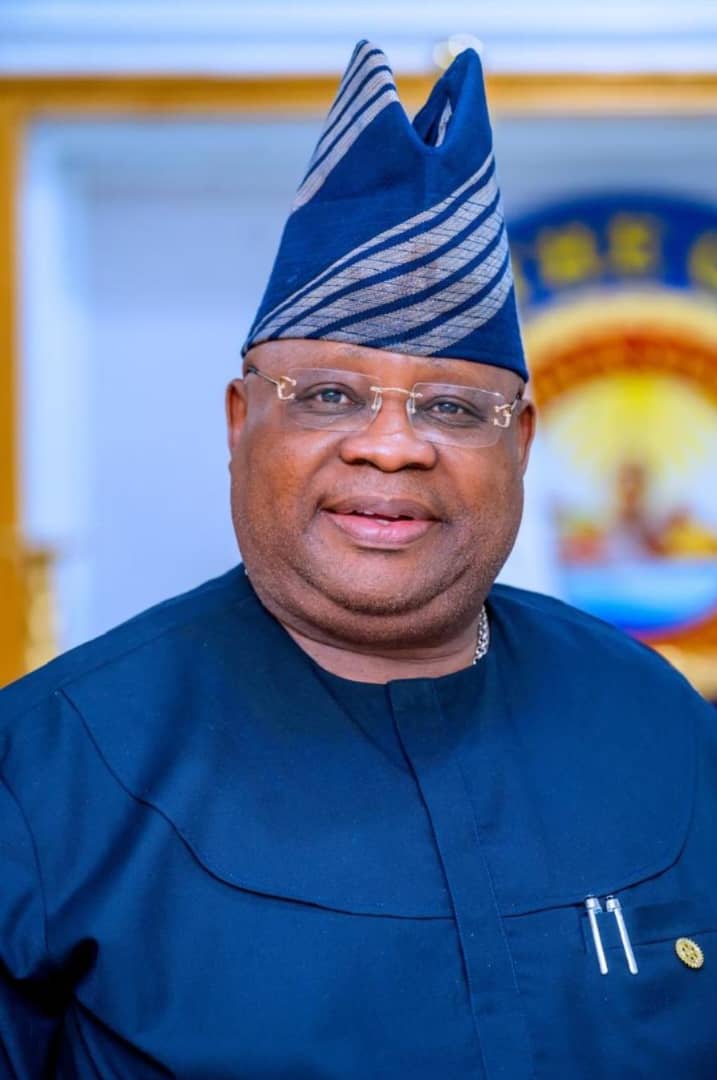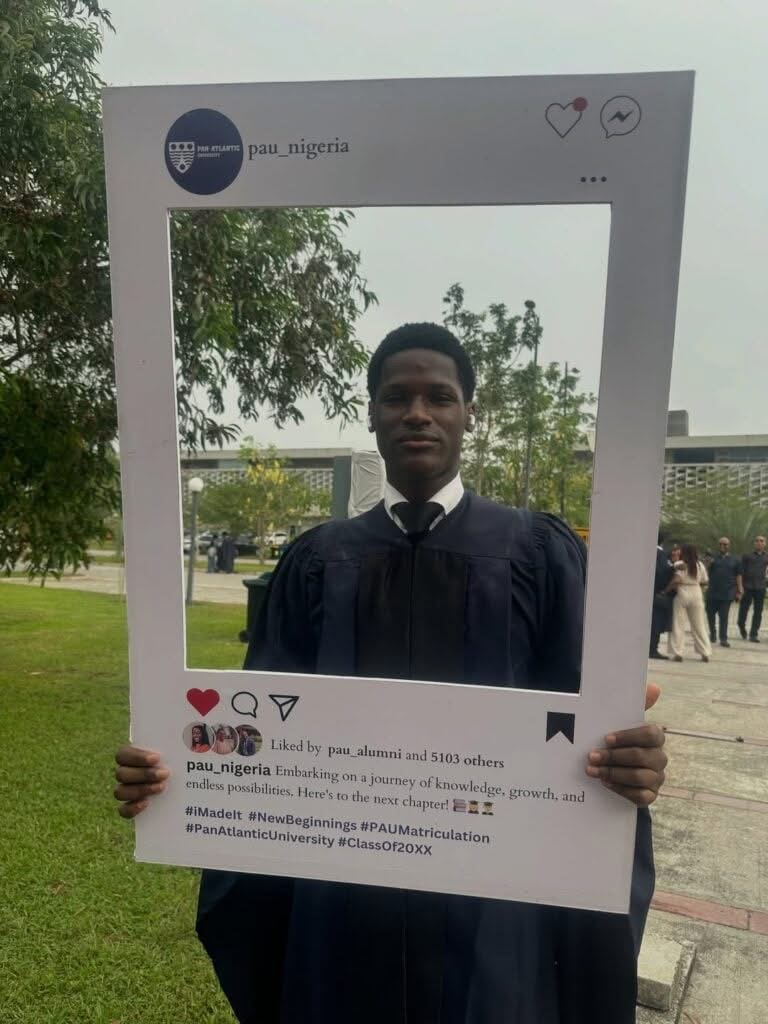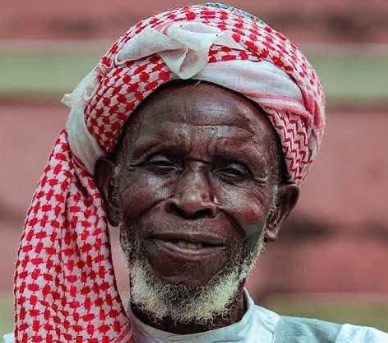Algerian President Abdelmadjid Tebboune, hospitalised in Germany since late last month after contracting the novel coronavirus, has finished treatment and is undergoing tests, the Algerian presidency said Sunday.
Tebboune, who is 74 and a heavy smoker, has been treated in a specialised hospital in Germany since October 28.
He was transferred there from a hospital in the Algerian capital shortly after going into self-isolation following reports of novel coronavirus cases among his aides.
“Medical staff caring for him have said that President Tebboune has finished the prescribed treatment protocols and is currently undergoing post-protocol medical tests,” a presidency statement said.
The statement was released on Tebboune’s instruction to “inform the public of the evolution of the state of his health”, according to the presidency.
Last Sunday, the presidency had said that Tebboune was “in the process of completing his treatment… and his state of health is constantly improving”.
Some newspapers close to the authorities had last week reported his “imminent return” to Algeria.
Tebboune’s illness meant he was out of the country for a referendum on November 1 on a revised constitution seen as aiming to bury a mass protest movement and boost the president, elected on a record low turnout last December.
The constitutional referendum, which passed with two-thirds of the vote, saw participation plunge to new lows, with just 23.7 percent of registered voters casting ballots, according to official data.
Tebboune was admitted to “one of the largest specialised hospitals in Germany” to undergo “in-depth medical examinations”, the presidency had announced previously.
For many Algerians and among local media, the developments have recalled the absence of former president Abdelaziz Bouteflika, who suffered a stroke in early 2013 and stayed in hospital abroad for nearly three months.
Very weakened physically, Bouteflika remained in power upon his return, despite major after-effects and rarely leaving his medicalised residence.
He was re-elected in 2014, but his decision to seek a fifth term in 2019 sparked an unprecedented protest movement, which led him to resign in April last year. [AFP]
Advertisement




